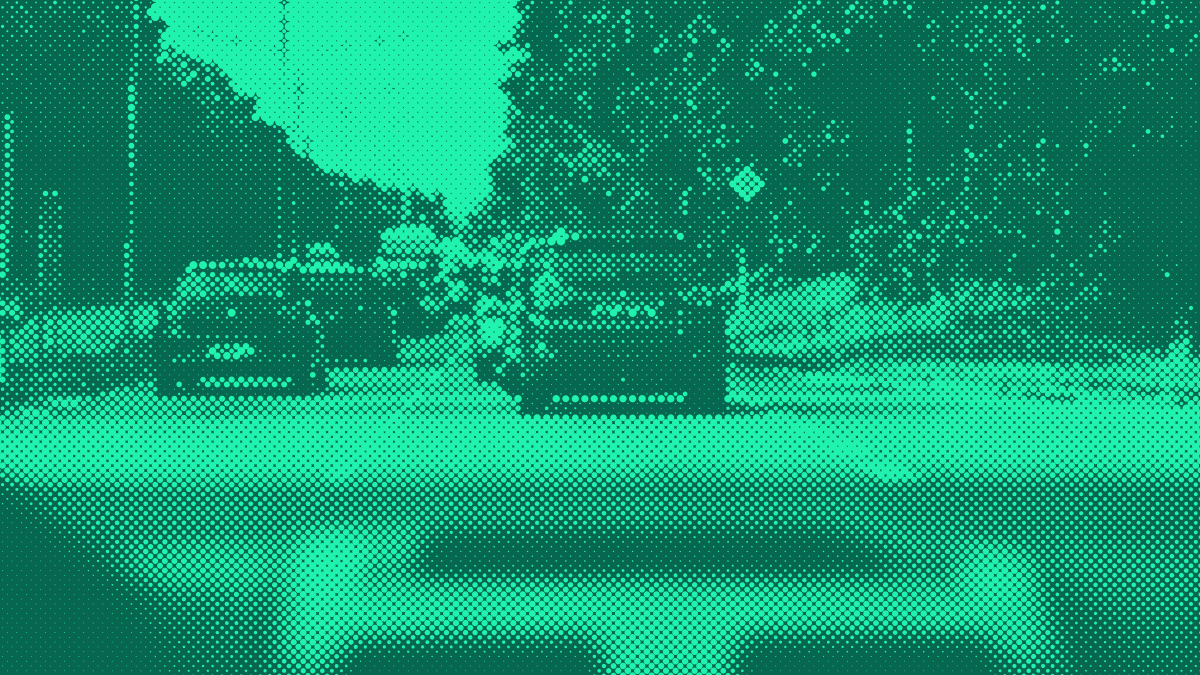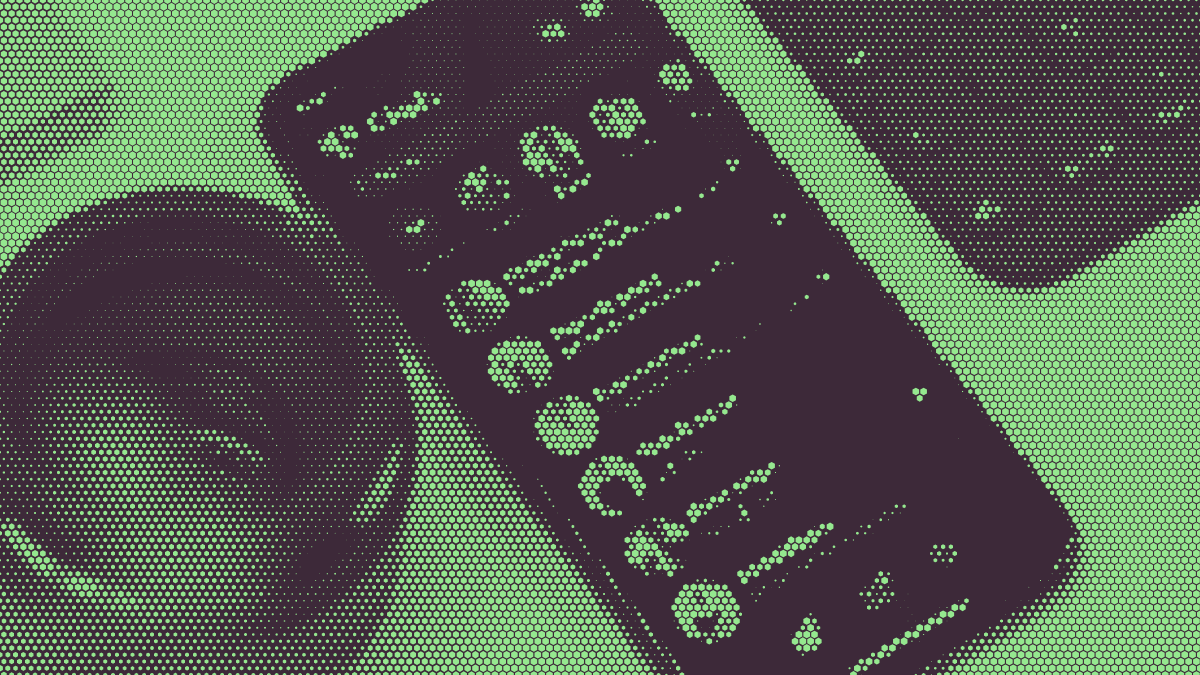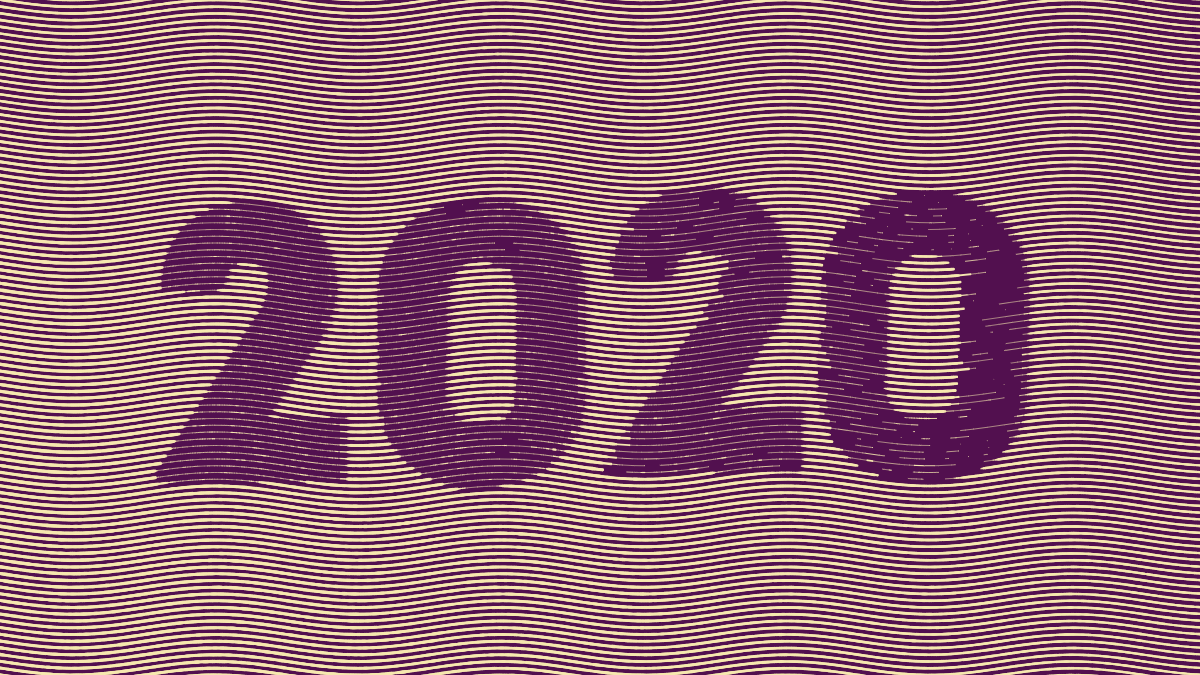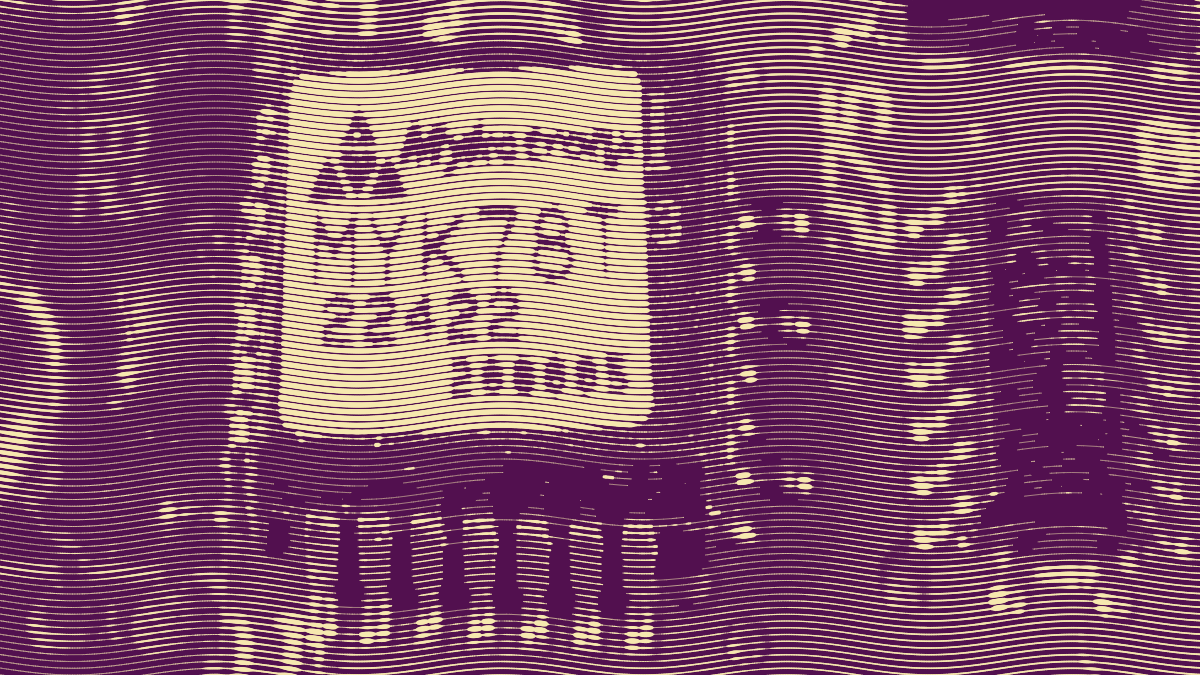With a Raspberry Pi, a camera and some open source software, anyone can record, recognise and store number plates on mass. What does that mean for the privacy of car owners and passengers now and in the future?
Why does medical data not belong to the patients? What does that do to science and hospital care? Plus: Why Visa cancelled their bid to buy the fintech startup Plaid.
Should you leave WhatsApp because it is sending data to Facebook? And what about Matrix? Does a federated protocol actually have a chance to replace messengers like WhatsApp?
Today, the podcast turns one year old. To celebrate, I answer AMA-style questions from the show's producers. It's a bit of a change of pace, but at the end of it, you will know your host much better.
How a number of couch investors ruined some Wall Street guys using a mobile app. And why the Wall Street guys really don't care. And what it means for the future.
It looks like you've had an accident! Every new car sold in the EU has a black box in it that will activate the car's microphone and call emergency services in the event of a crash, supplying them with the car's location. A system that's ripe for explotation as spyware.
Donald Trump has left the White House and Joe Biden is now President. What does that mean for the future of the US and beyond? I look back at what happened with Trump and forward at the future with my guest Michael Mullan-Jensen.
After an angry mob stormed the US Capitol last week, Twitter and other social media companies embarked on an unprecedented power grab for control of the public's opinion.
A look back at the first year of this podcast, the topics covered and how the show changed with them.
Ever since the Cold War, intelligence services and their sympathisers in Western governments have worked tirelessy to prevent everyday citizens from utilising effective encryption to shield their lives from prying eyes. When the Clipper chip failed, these people switched to influencing legislation to get what they want. And now they are at it again.









